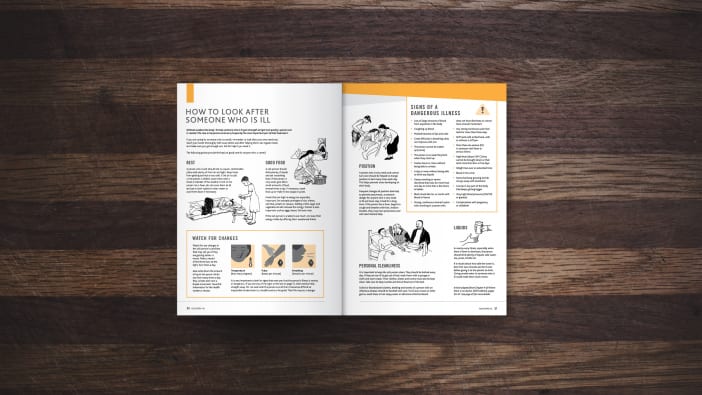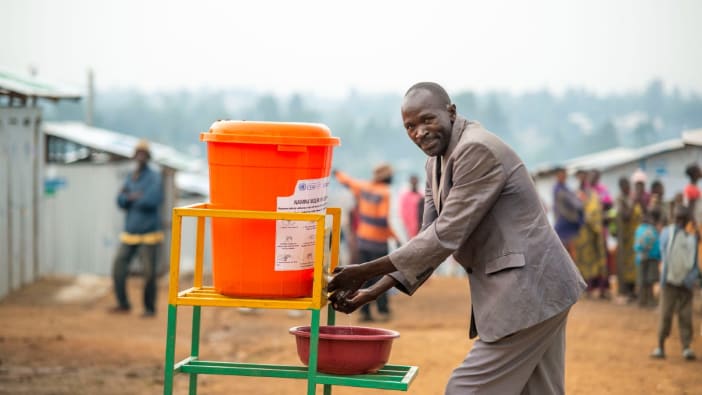The internet is full of information about different diseases. Some of it is good, some of it is not. Being able to tell the difference is important, because good, reliable information helps each of us to make decisions that can benefit our lives, and the lives of those around us.
To help you decide if the information you are reading or listening to can be trusted, ask yourself these seven questions.
1. Who wrote it?
If you can, try to find the original source of the article. Visit the website and look at the organisation’s contact details, values and aims. Find out if the author is real and credible. If you are looking at information copied from a social media page or an email, ask the person who copied it where they got it from.
2. Have you seen it reported elsewhere?
Try to see if there is other information that supports the article. You might be able to click on links in the article to read more. Or you could search for more information using an online search engine. Check trusted sources to see if they are saying the same thing, for example the World Health Organization.
3. Have you read more than just the headline?
Headlines are often exaggerated in an effort to encourage more people to click on an article. It helps to read the whole article, and then ask yourself if the headline is accurate.
4. When was it written?
An older news story might sometimes be out of date and no longer relevant to current events.
5. Is it a joke?
Sometimes people write untrue articles to make people laugh, or to deliberately confuse people. If you think this might be the case, research the website and the author.
6. Are you biased?
Think about whether your own beliefs or mood might be affecting your judgement. For example, if you are fearful of something, then you might be tempted to accept information that reduces that fear, even if it is untrue.
7. If still in doubt, ask an expert
If you know someone who has in-depth knowledge about the subject, consider getting in touch with them to see what they think.
Jake Lloyd is Communications Coordinator for Arukah Network. Email: [email protected]
Arukah Network supports people to work together to increase the health and well-being of their communities. arukahnetwork.org
Arukah Network e-learning course
This course aims to help people and groups communicate with integrity, clarity and quality. For more information visit arukahnetwork.org/training The course costs 44 USD but Arukah offers some free spaces for people working in low or middle-income settings. Email [email protected] to enquire.










